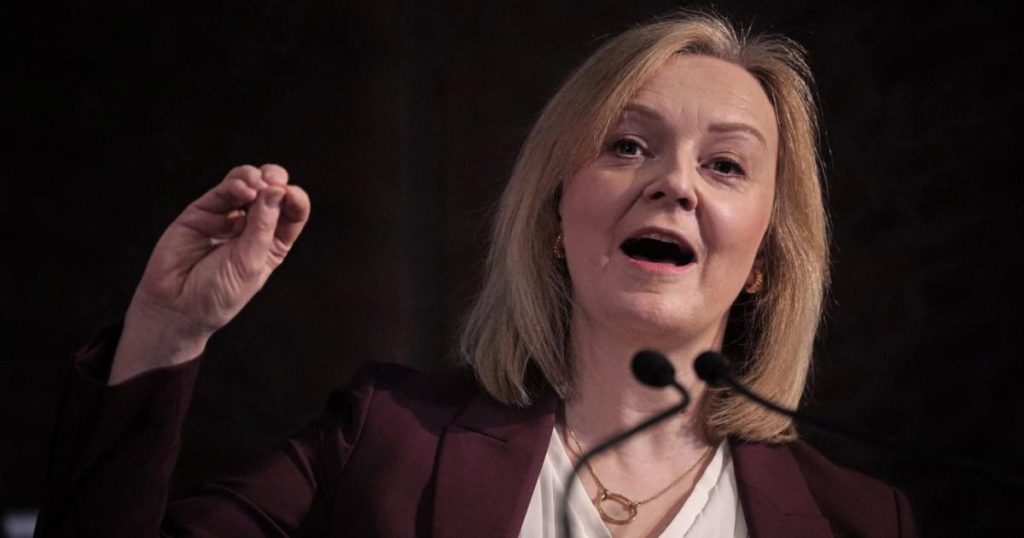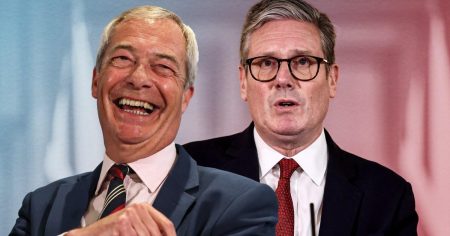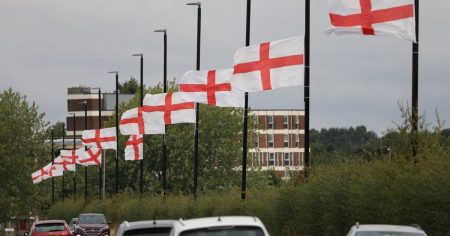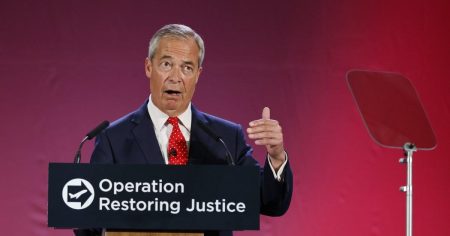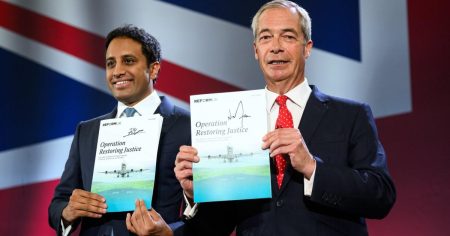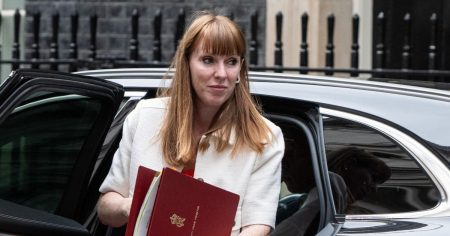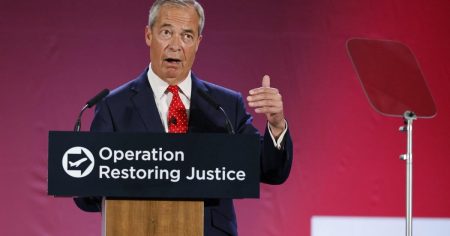The Aftermath of a Tumultuous Premiership: Liz Truss vs. Keir Starmer
Liz Truss’s 49-day tenure as Prime Minister in 2022 was marked by significant economic turmoil following her "mini-budget." This period has become a political battleground, with Truss now challenging the narrative surrounding her economic policies and their impact. Specifically, she has taken legal action against Labour leader Keir Starmer, accusing him of defamation for repeatedly claiming she "crashed the economy." This clash highlights the lasting political repercussions of Truss’s brief time in office and underscores the ongoing debate over responsibility for the economic instability that ensued.
Truss’s legal team argues that Starmer’s statements not only damaged her reputation but also potentially influenced the outcome of the 2024 general election, where she lost her parliamentary seat. They contend that the Bank of England, not Truss’s policies, caused market fluctuations. Furthermore, they cite a report from a right-wing think tank, the Institute of Economic Affairs, which absolves Truss of blame for the market volatility. This report, however, has likely been subject to scrutiny given the think tank’s political leaning. The legal letter underscores the high stakes of political rhetoric and its potential legal ramifications, particularly in the context of a closely contested election.
Starmer and the Labour Party have consistently used the economic fallout of Truss’s mini-budget as a political weapon, portraying it as a symbol of Tory mismanagement. They have enacted legislation, the Budget Responsibility Act, designed to prevent similar economic instability in the future. This act mandates forecasts from the Office for Budget Responsibility before major tax decisions, a direct response to the perceived lack of oversight during Truss’s premiership. This ongoing political back-and-forth reveals the deep divisions in British politics over economic policy and the lingering legacy of Truss’s short-lived government.
The legal action initiated by Truss introduces a new dimension to the political debate. Her lawyers assert that Starmer’s statements were "grossly defamatory and indefensible" and suggest they were made with political motivations. This raises questions about the boundaries of political discourse and the permissibility of criticizing past policy decisions, particularly when those criticisms could be interpreted as personally damaging. The case highlights the potential for legal action to be used as a tool in political disputes, adding another layer of complexity to the ongoing battle over the narrative of Truss’s time as Prime Minister.
This isn’t the first time Truss has challenged portrayals of her premiership. She previously objected to descriptions of her mini-budget as "disastrous" in briefing notes for the King’s Speech, claiming they violated impartiality rules. These objections resulted in the removal of the contested references. This pattern of challenging negative characterizations of her policies reveals Truss’s determination to defend her legacy and challenge the dominant narrative surrounding her time in office. It further underscores the highly sensitive and contested nature of the economic events that defined her brief premiership.
The clash between Truss and Starmer represents more than a personal dispute. It reflects a broader political struggle over the interpretation of recent economic history and the assignment of responsibility for the challenges faced by the UK. The outcome of Truss’s legal action could have significant implications for political discourse, influencing the freedom with which politicians can criticize their opponents and the extent to which they can be held accountable for the consequences of their policies. The case will undoubtedly be closely watched by both sides of the political spectrum, with the potential to set a precedent for future political disputes.





